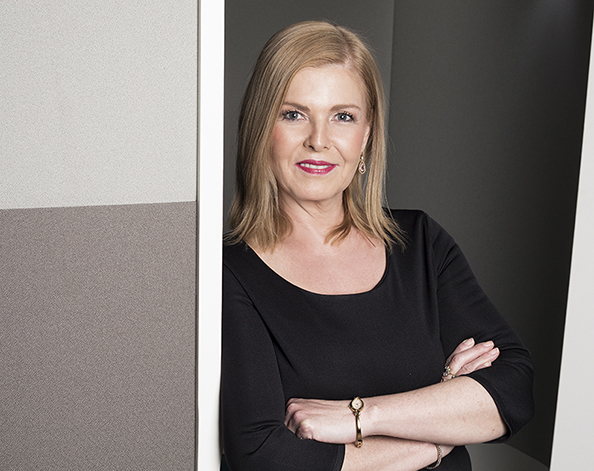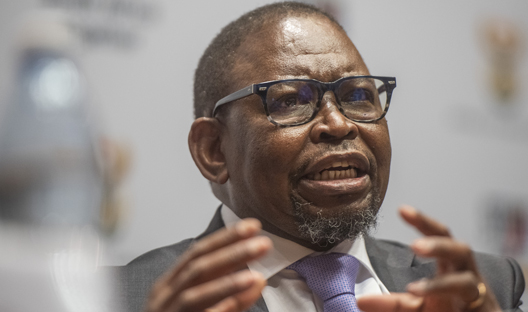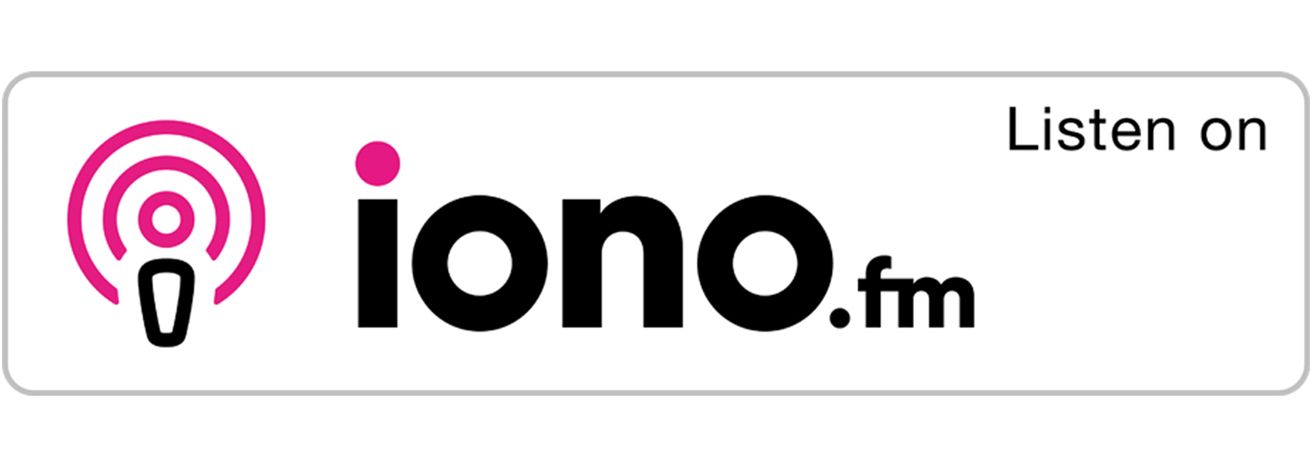Listen to the podcast
No Ordinary Wednesday
Jeremy Maggs talks to Investec's Annabel Bishop (chief economist), Tertia Jacobs (treasury economist), Rene van Zyl (tax and fiduciary expert) and Ayan Ghosh (investment strategist) about their predictions for Budget Speech 2022.
Boring is good
All eyes will be on Finance Minister Enoch Godongwana as he navigates South Africa’s many economic potholes in his debut Budget on 23 February. Commentators say it’s a precarious balancing act that he might just pull off.
The markets will be watching to see if government maintains or even slightly lowers its fiscal consolidation predictions – if that’s the case, says Investec Chief Economist Annabel Bishop, it could be quite a positive, credit neutral budget:
“I think this budget may prove to be what financial markets and credit rating agencies have enjoyed in the past and that is a fairly boring budget. We don't expect to see any major deviations at all from the Medium-Term Budget Policy Statement last year.”

I think this budget may prove to be what financial markets and credit rating agencies have enjoyed in the past and that is a fairly boring budget.
Subscribe to Investec Focus Radio SA
Growth projected to be stronger than expected
Investec’s stronger economic growth assumptions are in contrast to those held by National Treasury and other forecasters, says Bishop, who points to reform implementation speeding up post 2022 and a concurrent rise in revenue collection reducing deficits and slightly offsetting the expected basic income grant:
“Some good news is that we [as Investec] tend to have stronger economic growth forecasts than National Treasury. We expect to see GDP growth lifting towards 3% y/y by 2026, whereas the National Treasury, IMF and the World Bank forecast below 2% in that period.”
Get Focus insights straight to your inbox
No deterioration in debt anticipated
Gross loan debt is expected at 69.8% of GDP, down from the 80.3% of GDP projection in the February 2021 Budget. Tertia Jacobs, Investec Treasury Economist, explains the reasons behind this significantly improved debt-to-GDP outlook:
“There were two reasons why it was revised down quite significantly over the past year, by about 10%. The first was the historical revision of nominal GDP that increased the size of the economy by about 11% last year. And second was the revenue windfall from the mining companies that bolstered government's tax receipts by more than R120 billion. So, these factors combined to lower the main budget deficit, and hence the gross debt-to-GDP ratio.”
Debt projections and the assessment of debt sustainability will be key to both the financial market and the credit rating agencies, and Bishop does not foresee any deterioration on either front, making for a credit neutral budget.

These factors [the revision of nominal GDP and the mining tax windfall] combined to lower the main budget deficit, and hence the gross debt-to-GDP ratio.
No higher taxes
As the country emerges from the economic slump wrought by the pandemic, South Africans face higher fuel prices, rising inflation and increasing interest rates. However, Rene van Zyl, Tax and Fiduciary expert at Investec Wealth & Investment, says the minister is not expected to squeeze any more from the taxpayer.
“I think the reality is that the R5 billion budget deficit needs to be collected from somewhere. However, I don't think this will be from individuals this year. Furthermore, nothing was mentioned in SONA that makes us think that there will be major tax rate changes.”
It’s on the exchange control front that Van Zyl is expecting to see some action: “We hope to see further exchange control relaxations to ease cross-border transactions and hopefully to encourage more foreign investment into South Africa.”

Nothing was mentioned in SONA that makes us think that there will be major tax rate changes.
Budget expected to be consumer and “investor-friendly”
The tax windfalls from mining companies and the absence of tax increases will be welcomed by consumers and equity investors alike, says Ayan Ghosh, Investment Strategist at Investec Corporate and Institutional Banking. “The government should ideally be able to fund any spending increases from the revenue overruns so that's a very, very investor-friendly budget. It should be good for the consumer.”
Ghosh says that investors will also be looking out for more colour on the spectrum auction, the proposed reduction in the corporate tax rate, phase two of the carbon tax that’s planned for 2023, and the NHI.
“I think the government needs to step up on the policy front, which will impact some of these sectors and stocks. Investors will all have their eyes on what the government has to say on that.”

The government should ideally be able to fund any spending increases from the revenue overruns so that's a very, very investor-friendly budget. It should be good for the consumer.

Get all Investec's insights on the latest Budget Speech and SONA
Our economists, tax experts, personal finance and investment strategists unpack what the latest fiscal measures mean for income, savings and daily expenses of individuals and businesses.





